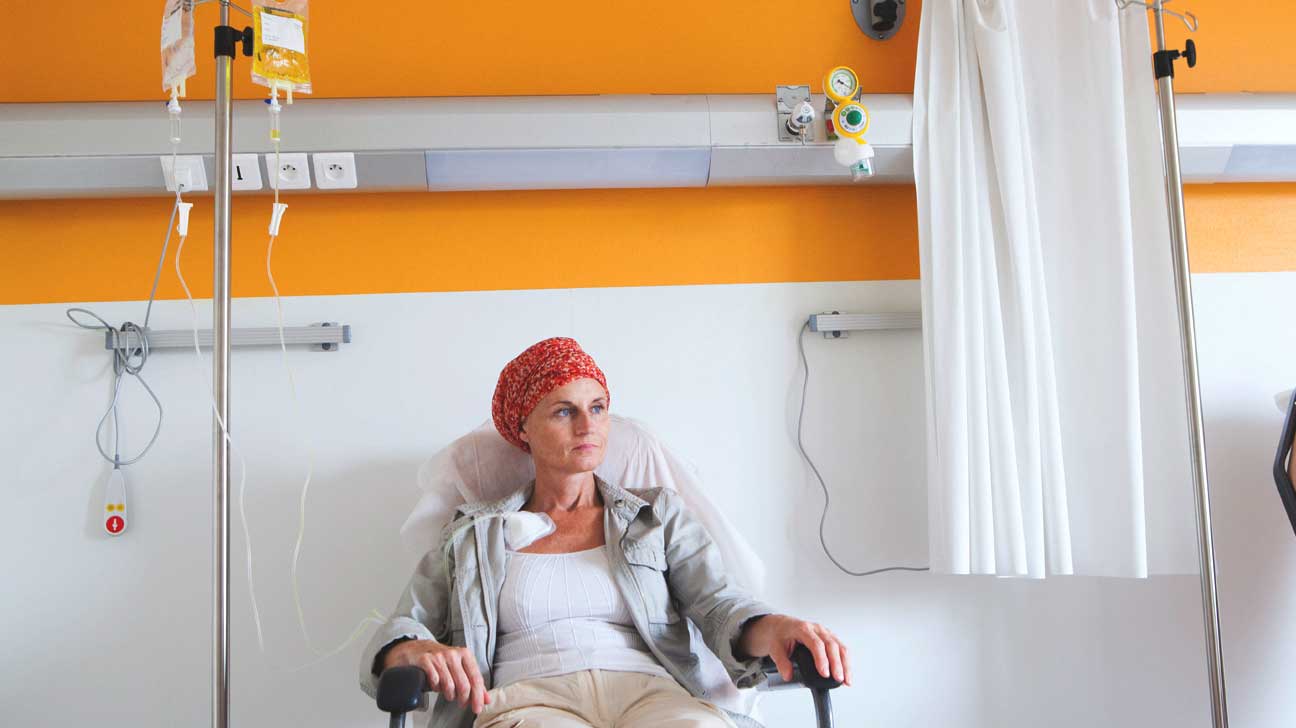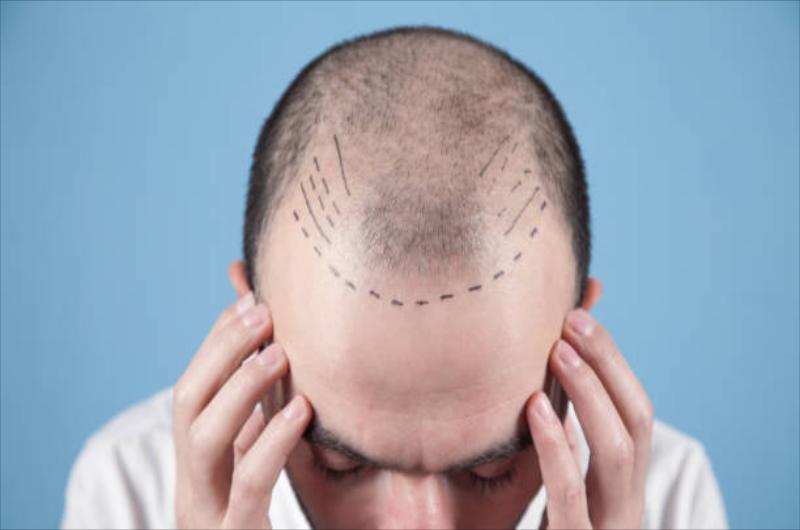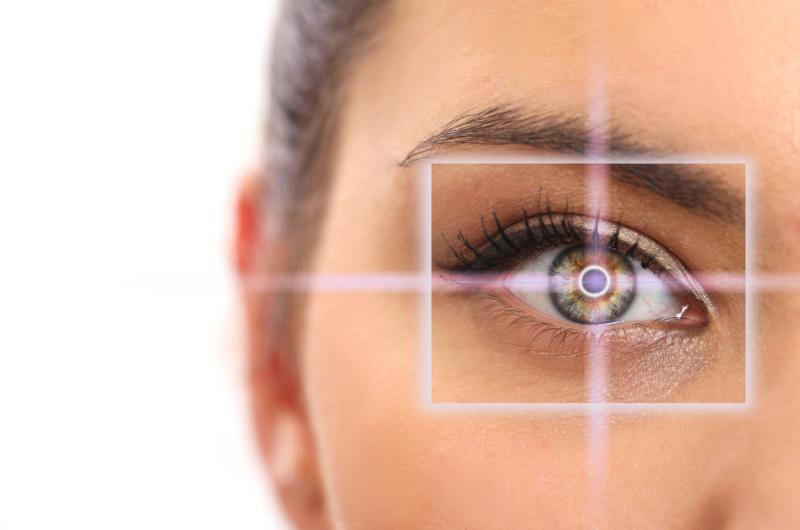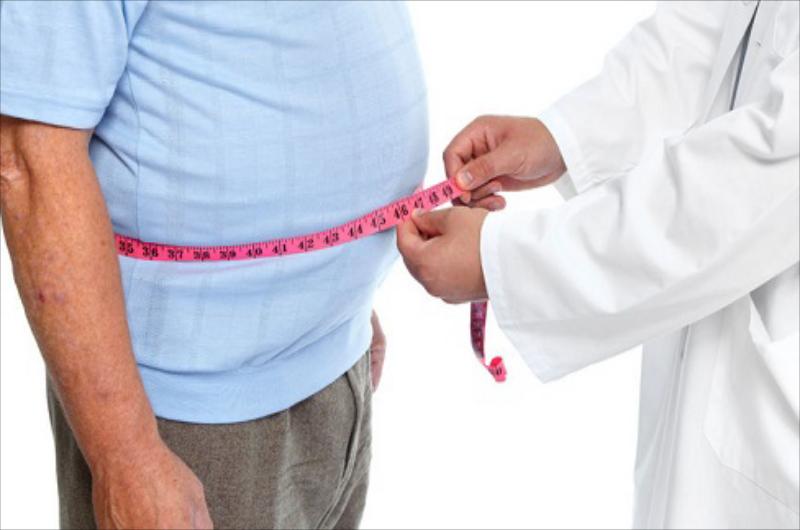About Treatment
Chemotherapy is an effective method of getting rid of cancer cells. Oncology chemotherapy is carried out in several stages, which together constitute a course of chemotherapy. In this case, the destruction of oncological cells occurs and the growth of metastases slows down. Such treatment may be accompanied by side effects. Therefore, after chemotherapy, the body needs recovery.
The basic principles of chemoradiotherapy are used to improve the treatment of pathology. This technique combines chemo and radiation therapy. To increase the chances of a successful tumor removal operation, neoadjuvant chemotherapy is done. Conducted to reduce the number of cancer cells, so that it was easier to carry out the operation. After surgery, this method is also used. But chemotherapy after surgery is done in order to get rid of the residue of cancer cells.
Chemotherapy is used in conjunction with other cancer treatments. But in the later stages, when the tumor is already inoperable, it is the only method of therapy. It is carried out to reduce the size of the tumor, metastases, stop the spread of cancer cells. In addition, in severe cases, this treatment helps prolong patient's life.
How is chemotherapy done in oncology?
For fast and effective action, medications are administered intravenously, but the process also affects healthy cells.
Chemotherapy regimens are aimed at reducing the development of the disease. Drugs are applied into the patient’s blood and they circulate throughout the body, destroying the harmful cells. Chemistry copes with the primary tumor and metastases. Due to its effectiveness, drugs destroy cells even at the time of their division. Because of this effective effect, chemotherapy for cancer also affects healthy tissue. This effect causes side effects: hair loss, nausea.
-
Factors affecting the choice of treatment
Tumor type and localization;
Traget
Patient response to specific drugs -
Side Effects
Hair loss - partial or complete. After stopping treatment, growth is restored;
Osteoporosis - weakening of bone tissue;
Nausea, diarrhea, vomiting;
Anemia, fatigue;
Infectious diseases;
Temporary or complete infertility. -
Types of Chemotherapy
Adjuvant
Neoadjuvant
Palliative
Induction
Therapeutic chemotherapy
Targeted
High dose
Hyperthermic
Platinum -
Methods of Application
Into the abdominal cavity
Directly into the tumor.
In the spinal fluid.
Into an artery leading to a tumor.
Intramuscularly
Subcutaneously
Orally -
Duration
The number of infusions in one course varies from 3 to 8 and takes up to 6 months.
Intake of pills daily, once a month or once every two weeks
cancer stages;
development of metastases;
risk of complications;
localization of oncology;
patient age.
There are several types of drugs that are administered during chemotherapy:
alkylating;
antibiotics
anthracyclines;
vincalkaloids;
inhibitors;
cytotoxic.
Before starting treatment, you need to undergo additional preparation for a course of chemotherapy. Preparation takes place a month before therapy. Patient's body should be prepared for side effects from this method of therapy. Therefore, doctors recommend using hepatoprotectors, drugs that increase the metabolism of hepatocytes, and infusion preparations before chemotherapy. Better to change your daily diet: get rid of fast food. Diet should include boiled meat, fish, dairy products and citrus fruits. It is advised to spend more time outdoors, and sleep more.
Doctor prescribes drugs individually, depending on the type and stage of the cancer, patient’s immunity status and age. Drugs are administered through a dropper. Since the drugs are aimed at the destruction of constantly dividing cells, the treatment should be cyclical. The treatment works in several sessions, with intervals. First, 1–5 sessions are held with pause. Pause lasts from 1 week to 1 month. The duration of the course depends on the type and development of the disease.
In the early stages, chemotherapy helps to completely get rid of cancerous tumors. After the procedure, patients usually live without remissions. But in the later stages of the development of oncology with metastases, this type of treatment only facilitates and prolongs a person’s life. In addition, cancer cells tend to get used to the drugs that affect them. In this case, doctors recommend using various types of chemotherapy drugs to eliminate the tumor and metastases.
Despite its effectiveness, chemotherapy has contraindications. So, patient should have a sufficient level of platelets in the blood. Before starting treatment, doctor must give a referral for a blood test. With a lack of platelets prescribe drugs that increase their level. Chemotherapy should not be carried out if the blood contains too few white blood cells. This happens if a person develops an infectious disease. Only after treatment of the infection therapy can be carried out.
Chemotherapy is not done during pregnancy, especially during the first trimester. At this time, chemotheraphy is a danger to baby's health. It is better to refrain from treatment if patient has undergone a recent operation. Medicines interfere with wound healing, which will lead to poor health of patient. Chemotherapy is not prescribed for people with liver and kidney diseases. The drugs that are used in the course have increased toxicity. The liver and kidneys are not ways to withstand the load, which will lead to a deterioration in the patient's condition. A person may die from infection with toxic substances.
Therapy is contraindicated:
elderly people;
with exhaustion of the body;
people with heart problems.











